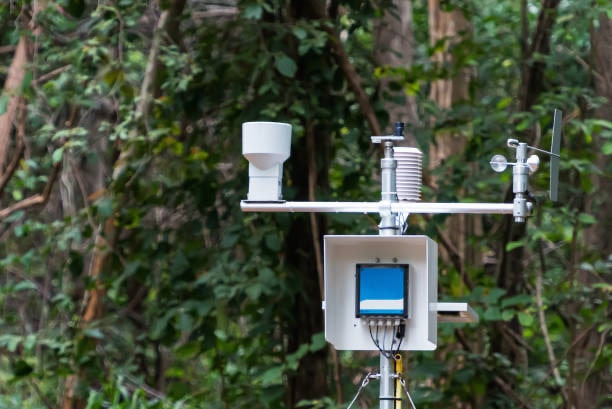A data logger records different types of data, such as temperature, humidity, pressure, and more, at set intervals. The information it collects can be used for various applications, including quality control, research, and monitoring. In this article, we will discuss the benefits and uses of a data logger in detail.
Data loggers are electronic devices that collect and record data over time. They have various uses in various industries, from environmental monitoring to industrial process control. In this article, we’ll look at some of the benefits of data loggers and explore the areas in which they are commonly used.
What are Data Loggers?
An InstrumentChoice data logger is a small, battery-powered electronic device designed to collect and record data over a specific period. They typically monitor environmental conditions such as temperature, humidity, pressure, and light. They can also be used to track the performance of industrial equipment or the behaviour of living organisms.
Data loggers can be used in various applications, from monitoring a refrigerator’s temperature to tracking the birds’ migration patterns. They can be used in research, manufacturing, and home.
Advantages of Using Data Loggers
Data loggers have several benefits over other methods of data collection. Here are just a few:
Ease of Use
Data loggers are easy to set up and use. They require minimal training regardless of their level of technical expertise. In addition, most data loggers come with user-friendly software that allows you to configure the device and download the data quickly and easily.
Accuracy
Data loggers are incredibly accurate and can collect data with a high degree of precision. In addition, they are designed to operate in various conditions and can provide consistent and reliable results even in harsh environments.
Cost-Effective
Data loggers are a cost-effective solution for collecting data over an extended period. They require minimal maintenance and can be reused multiple times, making them an excellent investment for businesses and researchers on a budget.
Common Uses of Data Loggers
Data loggers are used in various industries, from research to manufacturing. Check some of the most common uses of data loggers:
Environmental Monitoring
Data loggers are commonly used to monitor environmental conditions such as temperature, humidity, and air quality. They can monitor conditions in laboratories, warehouses, and the natural environment.
Industrial Process Control
Data loggers can be used to monitor the industrial equipment performance such as motors, pumps, and turbines. By tracking variables such as temperature and pressure, they can identify potential issues before they result in equipment failure.
Agriculture
Data loggers can be used in agriculture to monitor soil conditions, crop growth, and livestock behaviour. As a result, they can be used to optimise crop yields, reduce water usage, and make animal husbandry more efficient.
Healthcare
Data loggers can be used in healthcare in monitoring vital signs such as heart rate, blood pressure, and oxygen levels. They can also be used to track the movement and behaviour of patients, making it easier to provide personalised care.
Conclusion
An InstrumentChoice data logger is an incredibly versatile tool that provides a wide range of benefits to researchers, manufacturers, and other industries. They are easy to use, accurate, and cost-effective, making them an excellent investment for anyone looking to collect data over an extended period. Whether you need to monitor environmental conditions, track the performance of industrial equipment, or monitor patient health, data loggers are an invaluable tool that can help you achieve your goals.











